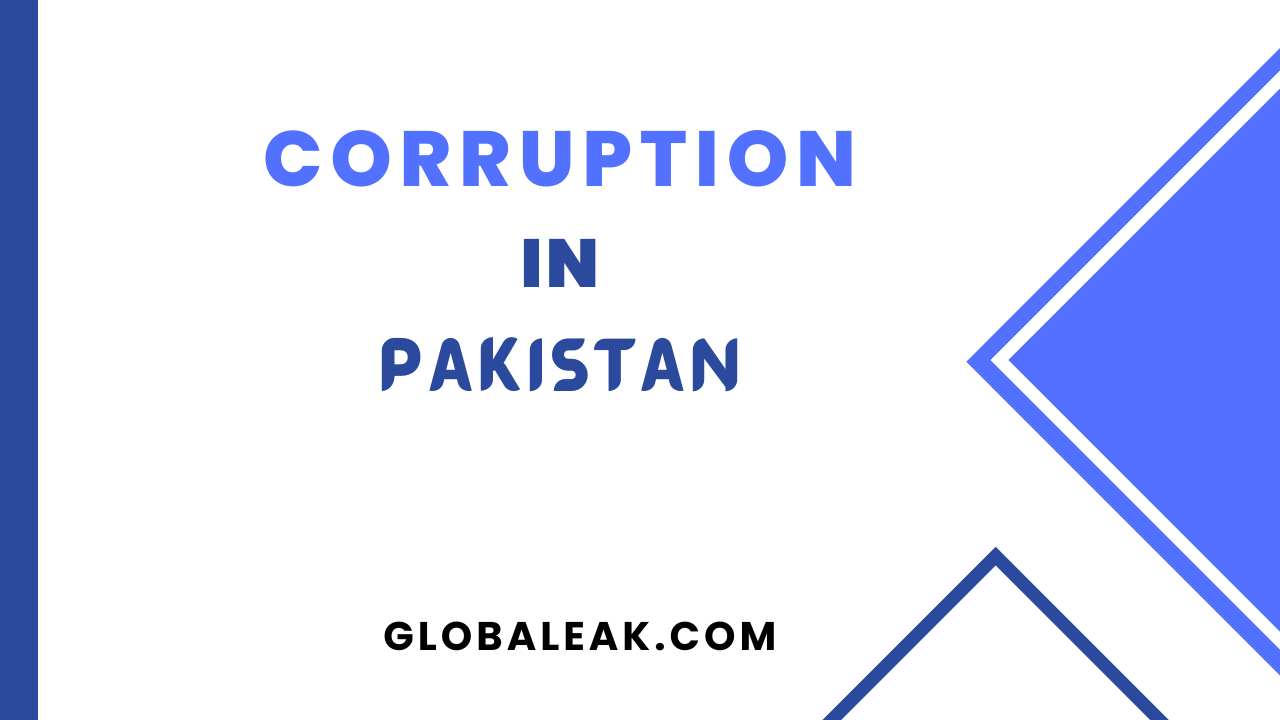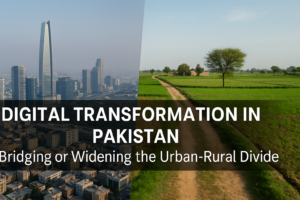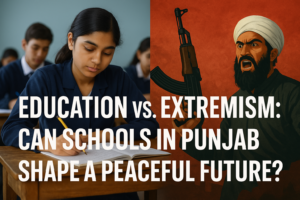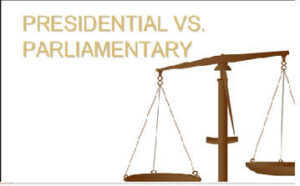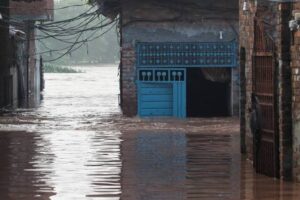Introduction
Corruption, the misuse of public power for private benefit, is a parasite that has long infested the socio-economic fabric of Pakistan. A country with vibrant culture and resilient people, Pakistan stands at a crossroads, grappling with the tentacles of corrupt practices that strangle its potential. The purpose of this exposition is not just to illustrate the prevalence of this malaise but also to foster an understanding of its intricate nature and far-reaching implications. Our journey through this discourse will unveil the historical roots, the varied manifestations, and the pervasive impact of corruption within Pakistani society, culminating in a discussion about the prospects for reform.
Historical Context of Corruption in Pakistan
To comprehend the current climate of corruption in Pakistan, one must look back at the tapestry of its past. The subcontinent, marred by centuries of colonial rule, inherited flawed governance structures that prioritized the consolidation of power over the welfare of the populace. Post-independence, the nascent Pakistani state struggled to shed these vestiges of exploitation. As power concentrated in the hands of a few, accountability became a casualty. The 1950s and 1960s saw political instability give rise to opportunistic practices that embedded corruption in the country’s political DNA. The military and civilian governments alike used state resources to maintain power, thereby institutionalizing corruption.
Types and Manifestations of Corruption in Pakistan
In Pakistan, corruption morphs into various forms, each with its own sinister hue.
Petty Corruption: The everyday encounters of the common man with corruption are most often of the petty kind. This includes the bribes slipped into the hands of officials for expedited services or to avoid undue fines, or the favors granted to relatives in government jobs. This daily dance with dishonesty might seem inconsequential, but it cumulatively erodes the moral bedrock of society.
Grand Corruption: On a larger scale, grand corruption involves significant embezzlement of state funds, high-profile bribery, and corporate frauds that shake the markets and plunder the coffers of a nation. Political corruption manifests through vote-buying, manipulation of policies for personal gain, and illicit funding of political campaigns.
Systemic Corruption: Perhaps the most daunting is systemic corruption, where corrupt practices are not just individual aberrations but a standardized expectation within processes. Electoral fraud distorts democracy’s very essence, and when the judiciary, the bastion of justice, is tainted, it leaves the citizenry disillusioned.
Causes of Corruption in Pakistan
The seeds of corruption in Pakistan are sown by various factors:
Political Instability: A carousel of political leadership and short-lived governments have made long-term accountability difficult, with each regime too transient to enforce effective anti-corruption measures.
Economic Factors: Poverty and economic disparity create fertile ground for corruption. For many, engaging in or tolerating corrupt practices becomes a means to secure a livelihood or climb the socio-economic ladder.
Weak Legal System: A judiciary hampered by delays, inefficiency, and susceptibility to influence allows corruption to flourish with impunity.
Societal Attitudes: Perhaps the most profound enabler of corruption is the societal norm that has evolved to accept it as a way of life rather than an aberration, leading to a dangerous complacency and complicity.
Transparency and Accountability: The opaque nature of bureaucratic procedures and the lack of robust accountability mechanisms mask the nefarious dealings of the corrupt.
Impact of Corruption on Pakistani Society
Corruption in Pakistan is a hydra-headed monster, each head spawning its own set of consequences:
Economic Impact: It siphons off resources that could have been invested in the public good, undermines foreign investor confidence, and distorts the allocation of resources.
Social Consequences: It erodes public trust in institutions, hampers the quality of healthcare and education, and exacerbates social inequalities.
Political Ramifications: Governance is compromised as corruption undermines the rule of law, distorts policy-making, and hinders sustainable development.
Read Also: War on Terror
📍 English Language Educator | Blogger & Content Strategist | 7+ Years in Educational Blogging
Nosheen Bashir is a dedicated English teacher and experienced blogger with over seven years of expertise in content creation and educational writing. Passionate about language, literature, and effective communication, she combines her teaching experience with blogging skills to create insightful, research-backed content that helps learners and educators alike.
🔹 Expertise & Achievements:
✔ English Language Education: A skilled educator with years of experience in teaching English grammar, literature, and communication skills to students of varying levels.
✔ Educational Blogging: Running a successful blog for 7+ years, delivering well-structured, engaging content on language learning, writing techniques, and academic success.
✔ SEO & Content Strategy: Specializes in creating high-ranking, authoritative articles that follow Google’s EEAT principles, ensuring content that is both informative and search-friendly.
✔ Student-Centric Approach: Committed to making English easier, engaging, and accessible, helping readers and students improve their language proficiency.
🚀 With a passion for teaching and writing, Nosheen Bashir is dedicated to crafting educational content that empowers students, teachers, and language enthusiasts worldwide.

